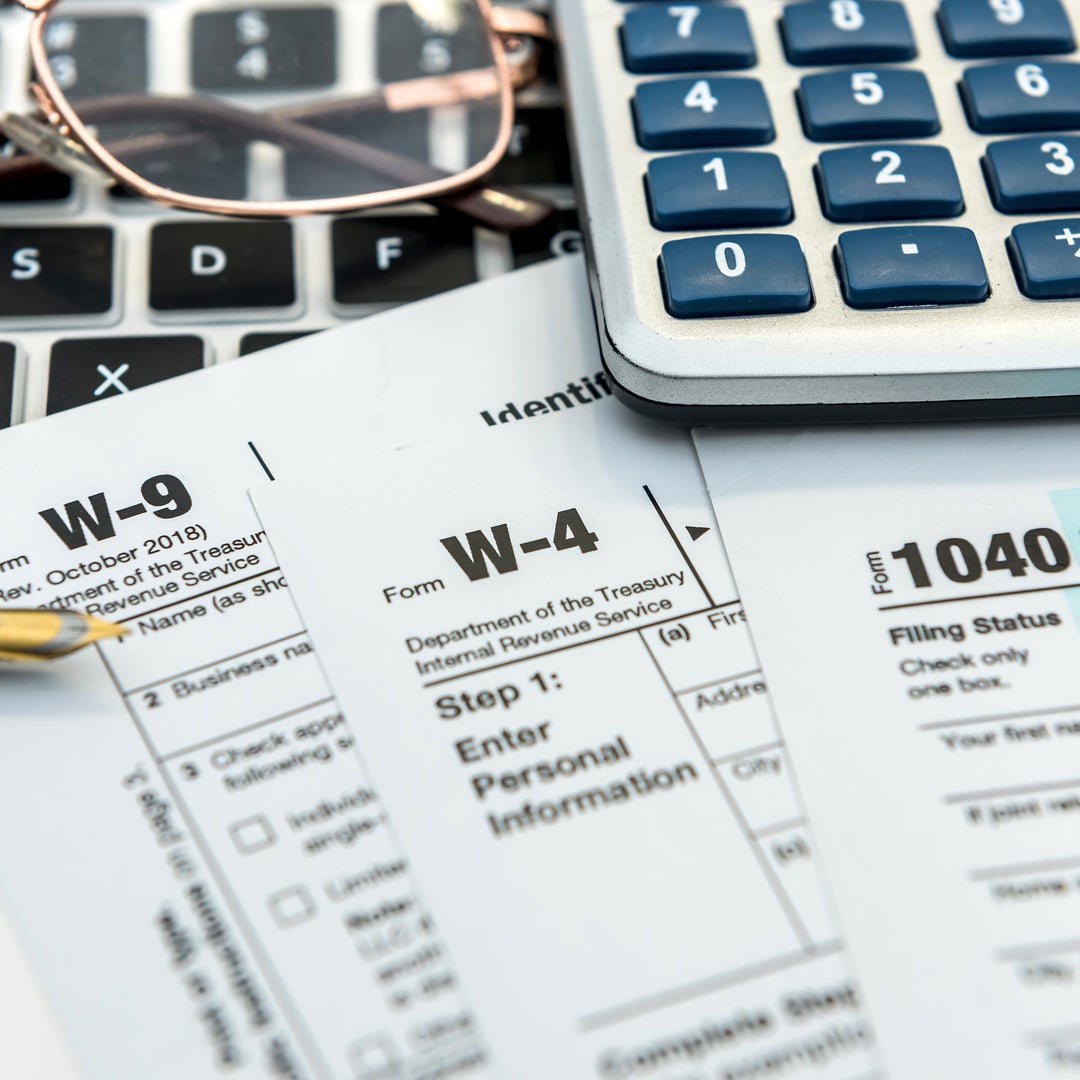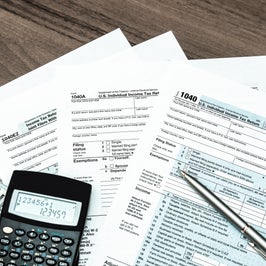Tips for Taxes 2022

On Monday, January 24, the IRS began accepting and processing 2021 tax year returns. The filing deadline for tax returns will be April 18, and the IRS currently has no plans to push that date back, despite the fact that last year and the year before filing deadlines were extended as a result of the Covid-19 pandemic.
“The unprecedented processing and refund delays taxpayers experienced in 2021 could be as bad, and potentially worse, in 2022,” according to a new taxpayer advocate service watchdog report.
Pandemic relief and new tax breaks are expected to put even more pressure on the IRS this year, particularly if taxpayers don’t “properly reconcile their monthly advanced Child Tax Credit payments or the third stimulus payment with their 2021 return,” the report said.
To help speed things along, “filing electronically with direct deposit and avoiding a paper tax return is more important than ever this year,” IRS commissioner Chuck Rettig said in a statement on January 10.
While you can technically start filing your taxes, you may want to wait. “Don’t necessarily try to file today if you don’t have all of the information,” says Henry Grzes, lead manager for tax practice and ethics at the American Institute of Certified Public Accountants.
More so than other years, “some forms you’ll need access to when filing your taxes may not be available for a few weeks,” says Howard Samuels, a certified public accountant at Samuels & Associates in Florham Park, New Jersey.
Expect delays on IRS forms and 1099s
Before filing your taxes, you’ll generally need to gather any W-2s from your employer, or 1099 forms, if you’re an independent contractor, a freelancer, or you have a side hustle.
If you were unemployed at any point during 2021, you’ll need to include a 1099-G form, which will be sent from your state unemployment department. Unlike in 2020, there’s no tax break for anyone who received unemployment benefits in 2021, so be prepared to pay taxes on that income.
The IRS plans to be send a Letter 6419 to Americans who received advanced payments of the Child Tax so you can see how much you received when filing your taxes.
If you received advanced CTC payments and were not eligible, you’ll have to pay that money back to the IRS, Samuels explains. However “if you had a baby and qualified for the advanced Child Tax Credit, but didn’t receive it, filing your taxes will give you the opportunity to claim that credit worth a maximum of $3,600,” he says.
One of the three stimulus checks was paid to eligible Americans in 2021, so if you received a stimulus payment, you should get a Letter 6475 in late January notifying you of how much you received. “Luckily, you won’t have to pay back any of the stimulus money you received, even if you weren’t entitled to it,” Samuels says.
Aside from delays at the IRS, brokerages, like the ones that manage investment accounts, are having delays, too, Samuels says. The IRS sets various deadlines in January and February for brokerages to send investment-related 1099s.
“It’s pretty traditional that brokerages don’t send out 1099 forms until late February, but a lot of firms are saying that due to Covid-19, those forms may be even later,” he explains.
Many of them, Samuels says, “issue it in time, but then issue a corrected 1099 some time later.”
If you file before receiving all of your necessary forms, “what will happen is you’ll have to file an amended return and effectively you’ll just exacerbate the problem for the IRS because then this is just another thing they’ll have to deal with,” Grzes says.
That can lead to a further delay in your refund.
File as soon as you’ve received all your documents
While you’re waiting for your forms, “make sure that you’re organized, and then, when you do have all of the information, don’t put off filing,” Grzes says. “You’re going to have to file it eventually anyway and so many taxpayers are owed a refund, so the longer you wait to file, the longer you’ll have to wait to get your money.”
“A lot of people don’t understand is that even if you owe money to the IRS, and you file early, and get your tax return done, you can wait to make your tax payment until April 18. You don’t have to pay what you owe right away,” Samuels says.
You can also request to go on a payment plan with the IRS if you’re unable to pay the taxes you owe all at ones, he says.
This content is provided for informational purposes only and is not intended to provide, and should not be relied on for, accounting, legal, or tax advice. Consult your accountant, tax, or legal advisor regarding such matters.
This material has been presented for informational and educational purposes only. The views expressed in the articles above are generalized and may not be appropriate for all investors. The information contained in this article should not be construed as, and may not be used in connection with, an offer to sell, or a solicitation of an offer to buy or hold, an interest in any security or investment product. There is no guarantee that past performance will recur or result in a positive outcome. Carefully consider your financial situation, including investment objective, time horizon, risk tolerance, and fees prior to making any investment decisions. No level of diversification or asset allocation can ensure profits or guarantee against losses. Article contributors are not affiliated with Acorns Advisers, LLC. and do not provide investment advice to Acorns’ clients. Acorns is not engaged in rendering tax, legal or accounting advice. Please consult a qualified professional for this type of service.









